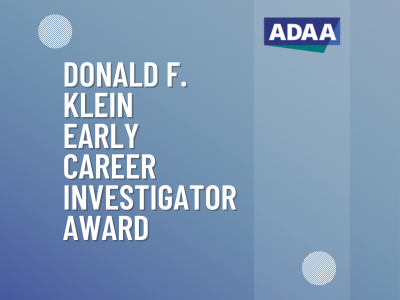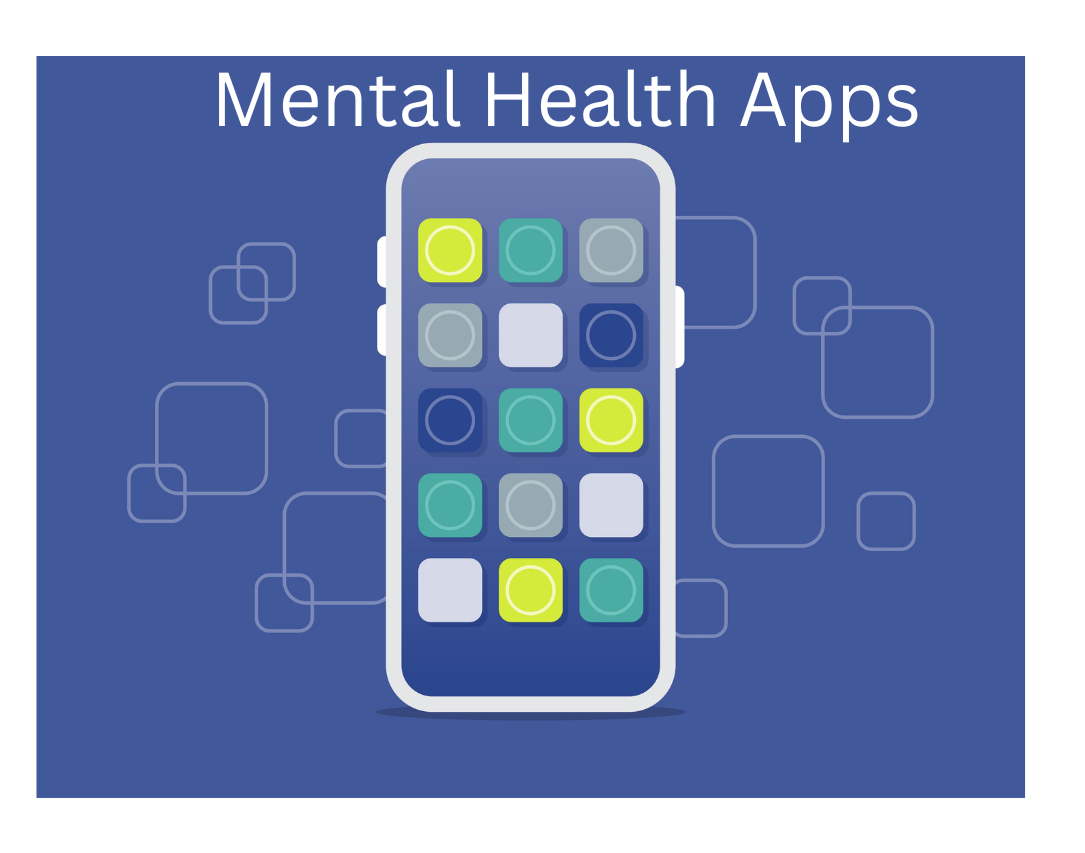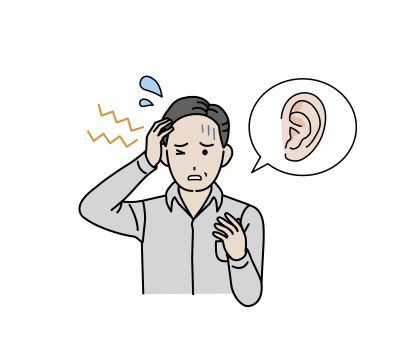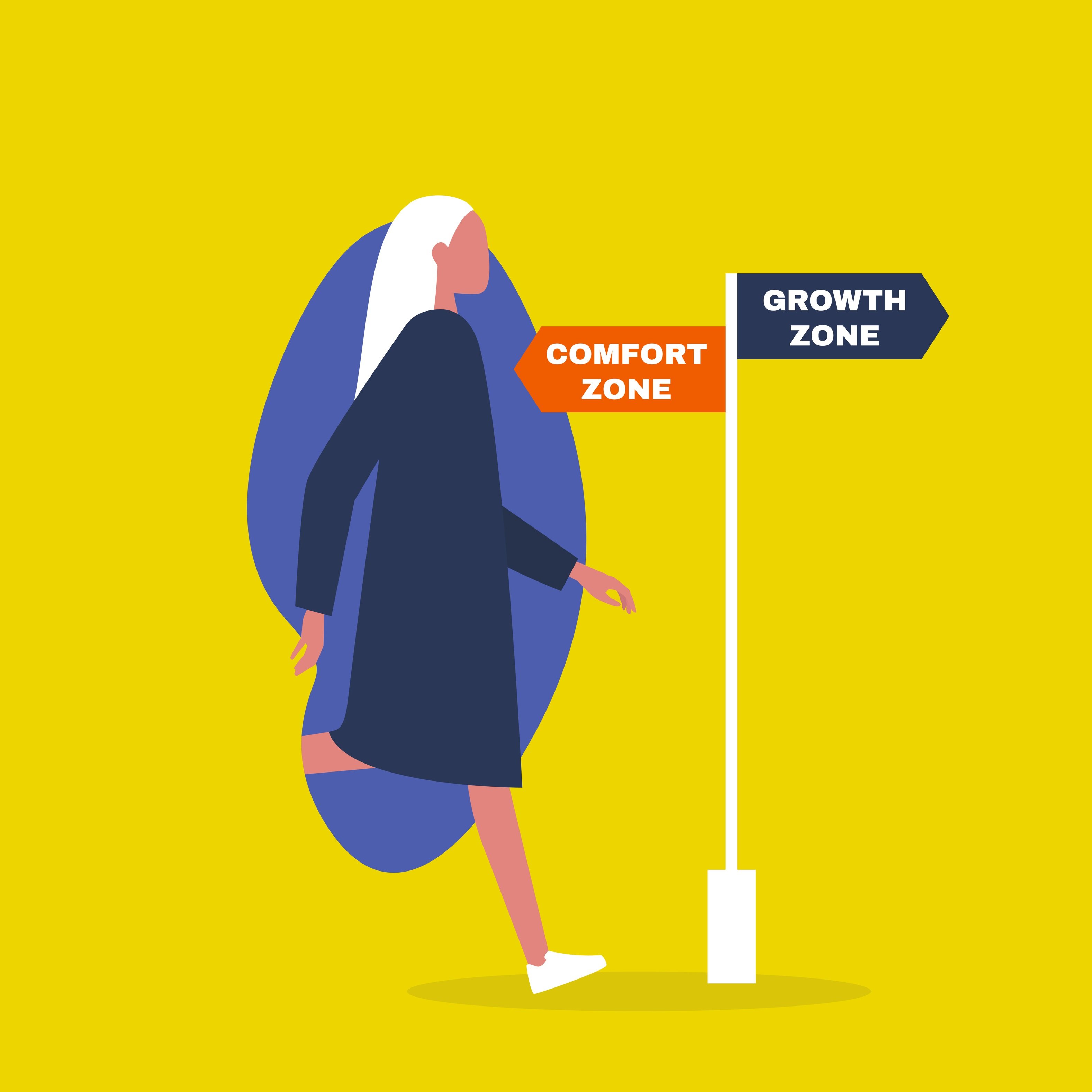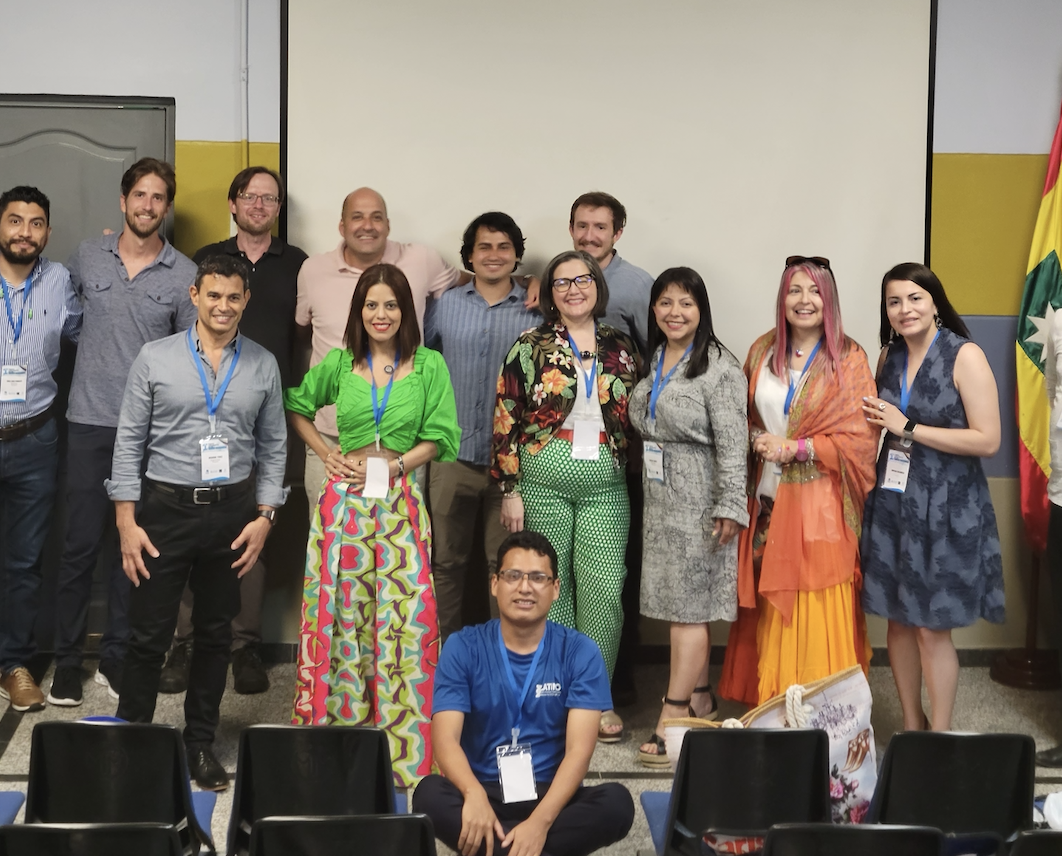
October 5, 2023
Andrew Rosen, PhD, ABPP, FAACP
and
Chamin Ajjan, LCSW, A-CBT, CST
and
Larry Cohen, LICSW, A-CBT
and
Debra Mollen, PhD
and
The 2023 Annual Fall Forum, Sex & Anxiety will bring together several leading experts to provide their clinical and research perspectives on the interaction between sex and anxiety.
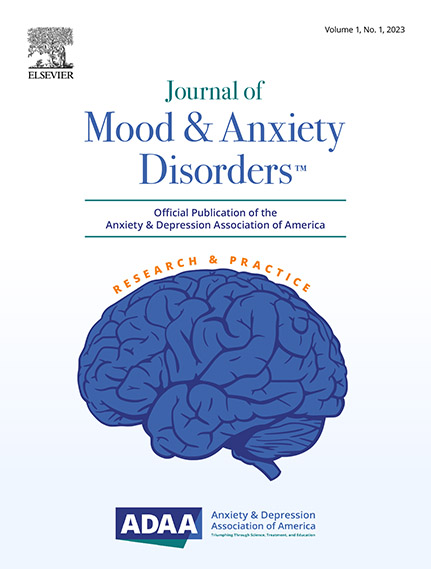
June 8, 2023
Steve Strakowski, MD - ADAA Journal Editor-in-Chief, Ex-officio Board Member
and
This session provides practical advice for your research including structuring and improving your manuscript, navigating the peer-review process, submitting your research to a journal, and more.

